Early intervention for cerebral palsy is the key to their bright future. It is obvious that as a parent you may question your parenting skills and think “Am I doing enough?”
We understand that your priority in life is your child, and we want to assure you that early intervention can be the way forward to an independent life. The sooner you start, the better your child’s chances of improving mobility, communication, reliance, and self-confidence.
We are going to discuss which therapies and treatments work best and how much of these therapies are needed to help your child overcome the challenges of CP.
So, let’s take the first step and learn about practical, life-changing early intervention strategies to help your child live a fulfilled life.
What is Early Intervention for Cerebral Palsy?
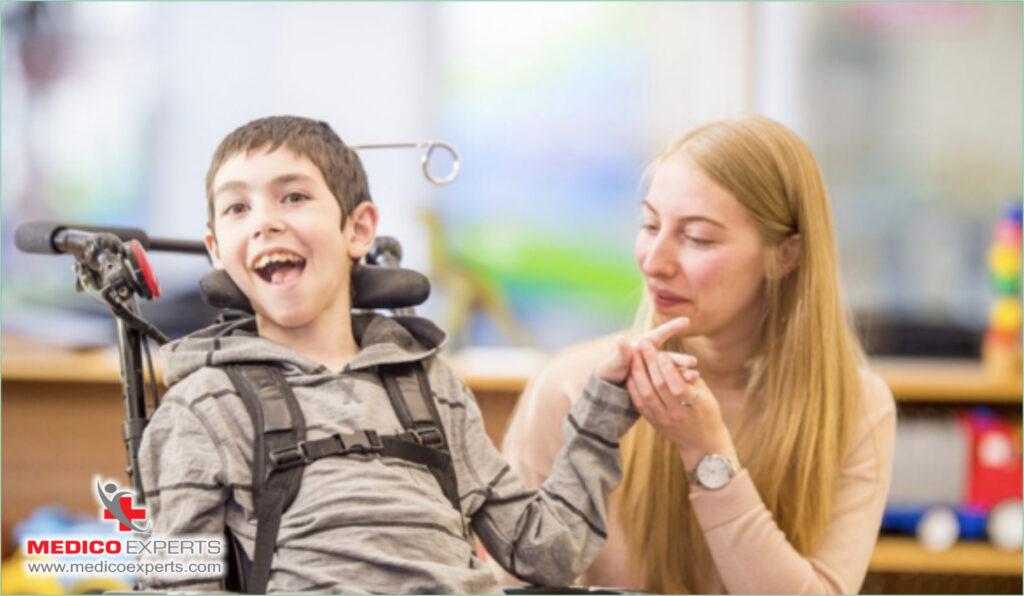
Early intervention for cerebral palsy is for children from birth to 3 years of age. Your child deserves the best care evidence-based care and support at this stage.
CP can be diagnosed as early as 3 months of age. At this stage, your baby’s brain is still developing rapidly. This makes it an ideal period to trigger their brain’s natural ability to adapt and rewire. Research shows that early interventions give the child the opportunity to learn and grow despite their condition and its severity.
Why Early Intervention is Crucial for Children with Cerebral Palsy
If these delays remain unaddressed, they can result in poor movement patterns and habits that may impact a person’s entire life. Early intervention helps prevent this and promotes skill-building from an early age.
The benefits of early intervention for cerebral palsy are many:
Improved Cognitive And Social Growth
When your child goes for the therapies, they are encouraged to be involved in play, exploration, fostering, and interaction. These activities help them learn to problem-solve, boost confidence, and strong social skills.
Increased Emotional Well-Being
Early therapy and treatment help the child manage frustration and build confidence. It also builds their confidence as the therapist takes care of their emotional and physical well-being.
Therapies also help them build resilience and live a better and independent life.
Improved Motor Skills
The motor functions improve drastically when therapy and treatment start early. Also, it reduces stiffness and improves coordination. Early interventions also help them perform daily tasks like walking and grasping more independently.
Prevention Of Secondary Issues And Conditions
Another benefit of early interventions is that they reduce the risk of complications like joint contractions and muscle atrophy and promote healthy movement and patterns and better posture.
When should Early Intervention for Cerebral Palsy start?
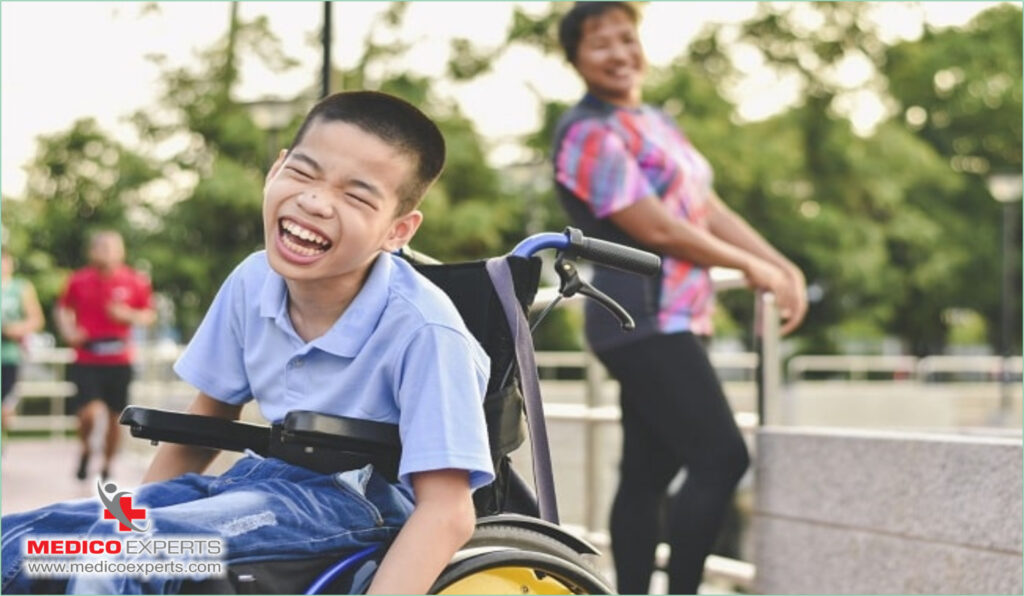
Start early interventions as soon as you notice symptoms in your child. Immediately talk to a doctor and start the diagnosis process.
Early intervention programs are designed to help children between birth and 36 months of age. They focus on building important skills. Some governments have early intervention programs that a child can join without diagnosis.
There are no two opinions about the importance of early interventions for cerebral palsy. Mostly because, when you reach out to a doctor or specialist at the early stage, you can take advantage of key developmental windows when the brain is most adaptable.
You can do these things to start the interventions:
- Trust your instinct and go for a diagnosis
- If still doubts persist, request an in-depth evaluation by a specialist
Early Intervention Therapies for Cerebral Palsy
Let’s now look at the early intervention therapies for CP:
Physiotherapy
Physical therapy is the most recommended treatment for cerebral palsy. It aims at increasing your child’s motor skills, strength, and flexibility. Starting early can significantly improve coordination, balance, posture, and pain management. Early intervention also helps prevent complications like joint dislocations, ultimately promoting better mobility and greater independence for your child.
Occupational Therapy
Early occupational therapy helps your child learn essential skills like eating and bathing. It also boosts independence and confidence. Additionally, occupational therapy helps your child build fine motor skills and coordination which will give you satisfaction as a parent and make your child grow more self-reliant.
Speech Therapy
When you opt for speech therapy early, it helps your child overcome speech disorders caused by CP-related muscle control issues in the face, throat, and neck. It strengthens their oral muscles and improves speech clarity and swallowing. It also supports cognitive, social, and emotional development.
Ayurvedic Therapy
If you opt for early Ayurvedic treatment, you will get excellent results because Ayurveda focuses on balancing the body’s doshas through herbal medicines, diet changes, and therapies like Panchakarma. These treatments will help your child improve mobility, strengthen muscles, and slow disease progression. Ayurveda’s mind-body approach also reduces stress and increases mental clarity.
Homeopathic Treatment
Homeopathy uses diluted remedies to stimulate your child’s body’s self-healing. It addresses symptoms like muscle weakness and spasticity in CP.
Stem Cell Therapy
Opting for stem cell therapy is a great idea because it helps reduce CP symptoms, prevent complications, and improve independence.
Stem cells restore function in affected areas by repairing damaged tissues. This leads to clinical improvements. This therapy also increases metabolism and strengthens the immune system. Additionally, it boosts brain and nervous system health.
Combination Therapy
Combination therapy for cerebral palsy (CP) brings together stem cell therapy, Ayurveda, homeopathy, and various therapies like speech, physical, and occupational. It brings out the goodness of all therapies and treatments to maximize the treatment outcome. Together, these therapies focus on increasing your child’s mobility, controlling symptoms, and improving overall well-being. MedicoExperts offers a holistic, personalized treatment approach and aims at early intervention for the best outcomes.
How does Early Intervention Improve Outcomes in Cerebral Palsy?
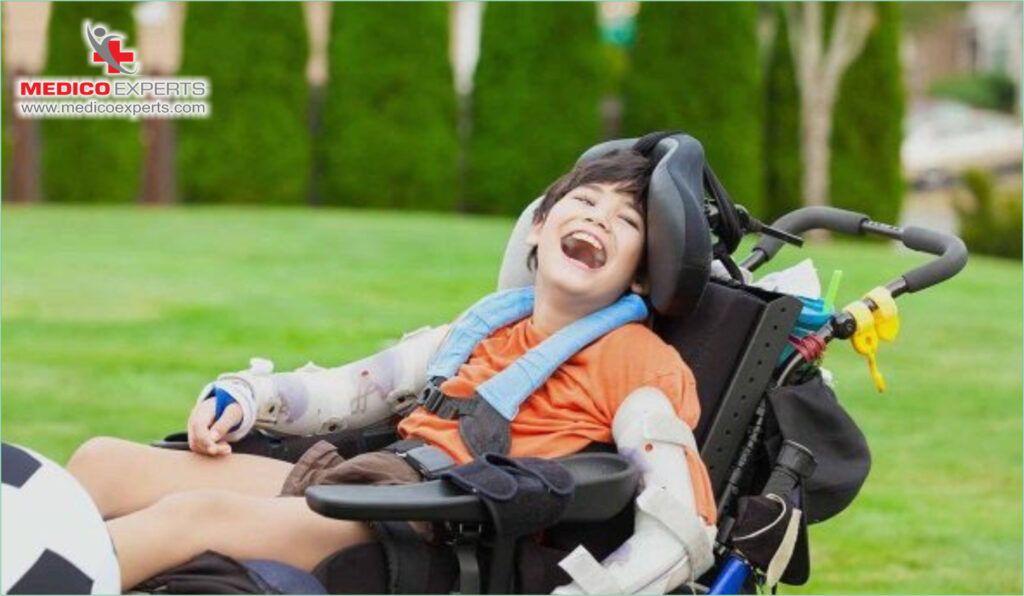
Through early intervention, you can ensure that your child’s mobility increases, communication improves, and independence is enhanced. Also, combination therapy creates a holistic approach that addresses your child’s emotional and physical well-being at a stage when maximizing the outcomes becomes easier.
Combining therapies like physical therapy, occupational therapy, speech therapy, stem cell therapy, Ayurveda, and homeopathy as per the child’s need ensures the best outcomes. The focus is the physical and emotional well-being of the child using the goodness of all these amazing therapies and treatments.
How to Access Early Intervention Services?
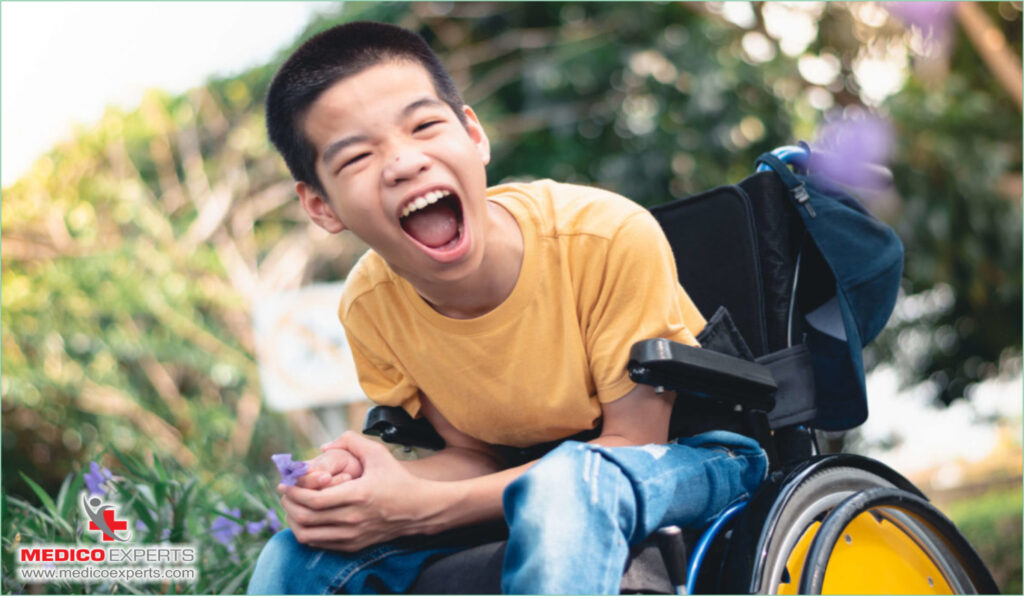
Early interventions for cerebral palsy are essential for a bright and independent life for your child. That’s why you must have clarity about how to access early intervention services. Let us help you understand that:
1. First of all, you should consult your pediatrician. After diagnosis, they may refer you to the right therapy center or specialist.
2. You can reach out to local early intervention centers. Here are some government and non-government organizations and foundations in India you can approach:
- Trishla Foundation
- Directorate General of Resettlement
- The National Trust of India
- Ummeed
- Himalayan Physiotherapy
- Indian Institute of Cerebral Palsy
- Mukul Madhav Foundation
3. You can also use online platforms and directories to consult organizations specializing in CP to find nearby resources. MedicoExperts can help you connect with specialists and organizations in India. We offer personalized treatment plans combining therapies like stem cell therapy, Ayurveda, and more for holistic care.
Takeaway
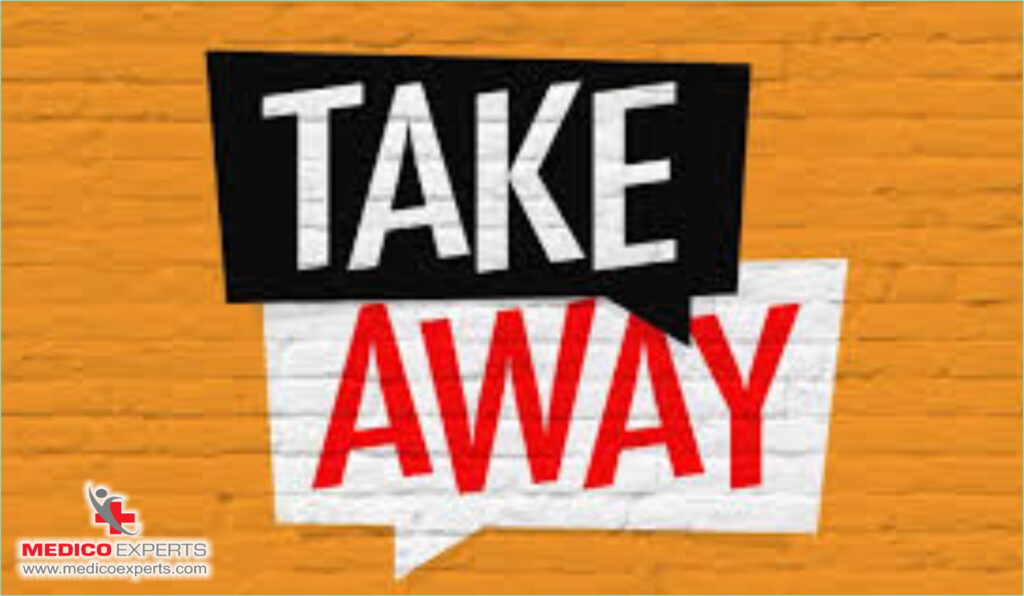
As a parent, it’s natural to wonder if you’re doing the right things for your child with cerebral palsy. Early intervention is the best way to give your child an independent, fulfilling life and it is the way forward for you.
Starting therapies early means giving yourself the opportunity to use the critical developmental windows to improve mobility, communication, self-confidence, and overall well-being of your child.
So do not waste time and learn about the early intervention options. We are with you in your fight with cerebral palsy. Together, we can build a brighter, more independent future for your child.
Take the first step today, reach out to specialists and create a personalized plan to meet your child’s need.
Frequently Asked Questions (FAQs):
Q1. What are the early signs of cerebral palsy, and when should intervention start?
A. The early signs of cerebral palsy include delayed milestones, abnormal muscle tone, poor coordination, and stiff or floppy movements.
When you see any or all of these signs, you should not wait and go to a doctor.
Q2. How do developmental milestones guide early intervention for cerebral palsy?
A. Developmental milestones like sitting, crawling, and walking are your child’s progress benchmarks. If you see any delays in them, you should immediately contact a doctor.
Q3. What should parents know about child development delays and early therapy programs?
A. You should not [anic when you see developmental delays in your child with cerebral palsy. They are common in this condition but your focus should be on early interventions.
Q4. How many types of early intervention are there?
A. The type of service the child will get depends completely on their needs.
References
https://www.mmpc.in/our-work/healthcare/mission-cerebral-palsy/
https://dgrindia.gov.in/writereaddata/media/documents/01bbb3bb-b996-4f10-9b8f-3d8fcbefee47.pdf
https://nationaltrust.nic.in/
https://www.ummeed.org/children-and-families
http://Himalayanphysiotherapy.in
https://www.iicpindia.org/family-services
https://www.mmpc.in/our-work/healthcare/mission-cerebral-palsy/
https://pmc.ncbi.nlm.nih.gov/articles/PMC4173665/
Relevant Articles For You
A spectrum of different motor impairments come under cerebral palsy. It affects how a person moves, balances, and…..Read More
The causes of CP are very complex which makes it difficult for experts to come up with a method that can prevent…..Read More
Recommendations To Understand Different Treatments
Stem cell therapy lessens the symptoms, prevents complications in the future, and maximizes the independence of…..Read More
Homeopathy is a system of medicine that stimulates the body’s innate healing mechanisms using diluted natural substances. It’s built on…..Read More
Ayurveda stands out because it doesn’t just treat symptoms – it addresses the root cause. This holistic approach ensures…..Read More
Cerebral palsy is a complex condition, and we understand how overwhelming it can be for parents and…..Read More
Medically Reviewed By MedicoExperts Editorial & Clinical Review Board On 24 January 2025



